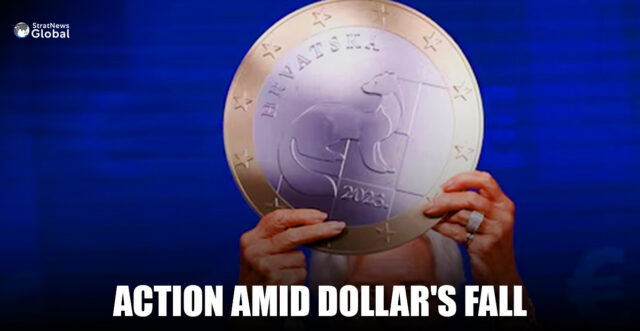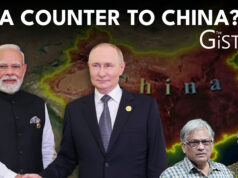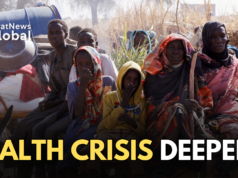Amid concerns that Donald Trump’s trade policies were driving the dollar toward multi-year lows, European Central Bank (ECB) chief Christine Lagarde urged Europe’s leaders in late May to back their words with action—or, more precisely, with their currency.
Her argument, outlined in a speech in Berlin, was simple: alarm over Trump’s assault on the economic status quo was a chance for Europe to advance its goal of boosting the influence of its single currency.
Building on proposals last year by her predecessor Mario Draghi for sweeping reforms to Europe’s financial system, Lagarde coined a phrase to define the opportunity: the “global euro moment”.
Her rationale was simple, a source familiar with her thinking told Reuters. Convinced this could be a defining moment for Europe, Lagarde – a former French finance minister – was disappointed by the lack of political leadership. She thought at least one voice should fill the void.
Four months on – and a year since Draghi’s report – Lagarde’s calls to bolster the foundations of the single currency are being drowned out by national divisions and other priorities such as the Ukraine war, dealing with Trump, and coping with home-grown political turmoil.
A sense of policy inertia is the main takeaway from Reuters’ interviews with more than a dozen euro zone officials and central bankers, senior private bankers and veteran Brussels-watchers with a close view – often in the room – of discussions. Lagarde herself declined to comment.
Measures that would have strengthened the euro’s appeal for investors have fallen by the wayside, the sources said.
Proposals to jointly issue debt in euros to fund Europe’s defence encountered resistance from Berlin and Paris. Smaller nations with big financial sectors opposed centralising supervisory powers in EU bodies. And plans to create a digital version of the euro have yet to take on a clear shape.
“Fundamentally, the EU struggles to concentrate on many crises at the same time,” Enrico Letta, the Italian ex-prime minister who last year presented his own report on reforms needed for the region’s single market, told Reuters.
“I see a Europe divided”.
“Dollar Is King”
The euro in the pockets of 350 million Europeans from Dublin to Nicosia is among the EU’s most tangible achievements. Nearly wrecked by a sovereign debt crisis 15 years ago, it’s the fruit of a three-decade process of banking and monetary reforms that remains a work in progress.
But the dollar remains dominant globally. It accounts for three-fifths of central bank reserves and is the main transaction currency for commodities such as oil. Its status gives the U.S. government access to a ready pool of lenders and helps it wield outsized financial clout.
As Trump said in July: “Dollar is king and we’re going to keep it that way.”
Yet the euro can claim to be the world’s second-most-favoured currency. It accounts for some 20% of global central bank reserves and a similar amount of trade invoicing. Aside from the 20 eurozone countries, 60 nations or territories have directly or indirectly pegged their currencies to it.
The euro has risen around 13% against the dollar this year, taking it to a four-year high, with the investor consensus that further gains are likely as the U.S. Federal Reserve embarks on a cycle of cutting its benchmark rate.
With the free trade era giving way to protectionism and growing economic tensions under Trump, European leaders acknowledge that bolstering the euro’s global status would help shield their export-driven economies.
The argument is that a greater presence of the euro in trade and global reserves would help insulate the area from swings in exchange rates and capital flows – even economic sanctions, if tensions worsen.
But European capitals are baulking at three steps that would underpin that goal: creating a big enough stock of safe euro assets for investors; making institutional changes to complete Europe’s economic and monetary union; and responding to the rising challenge of digital currencies.
(With inputs from Reuters)





